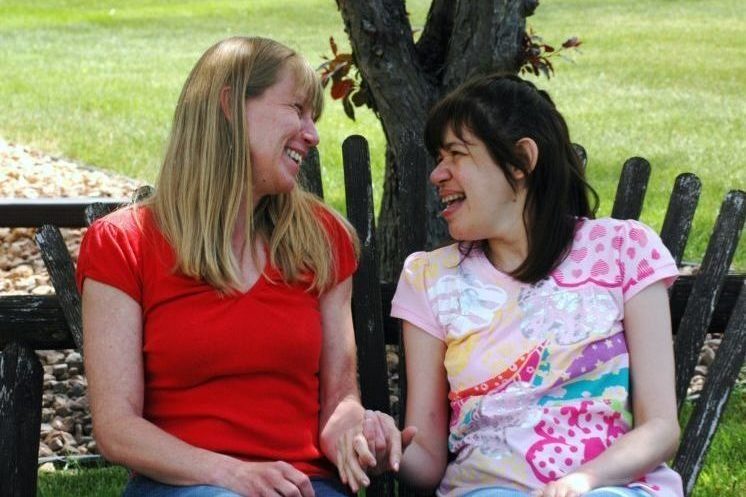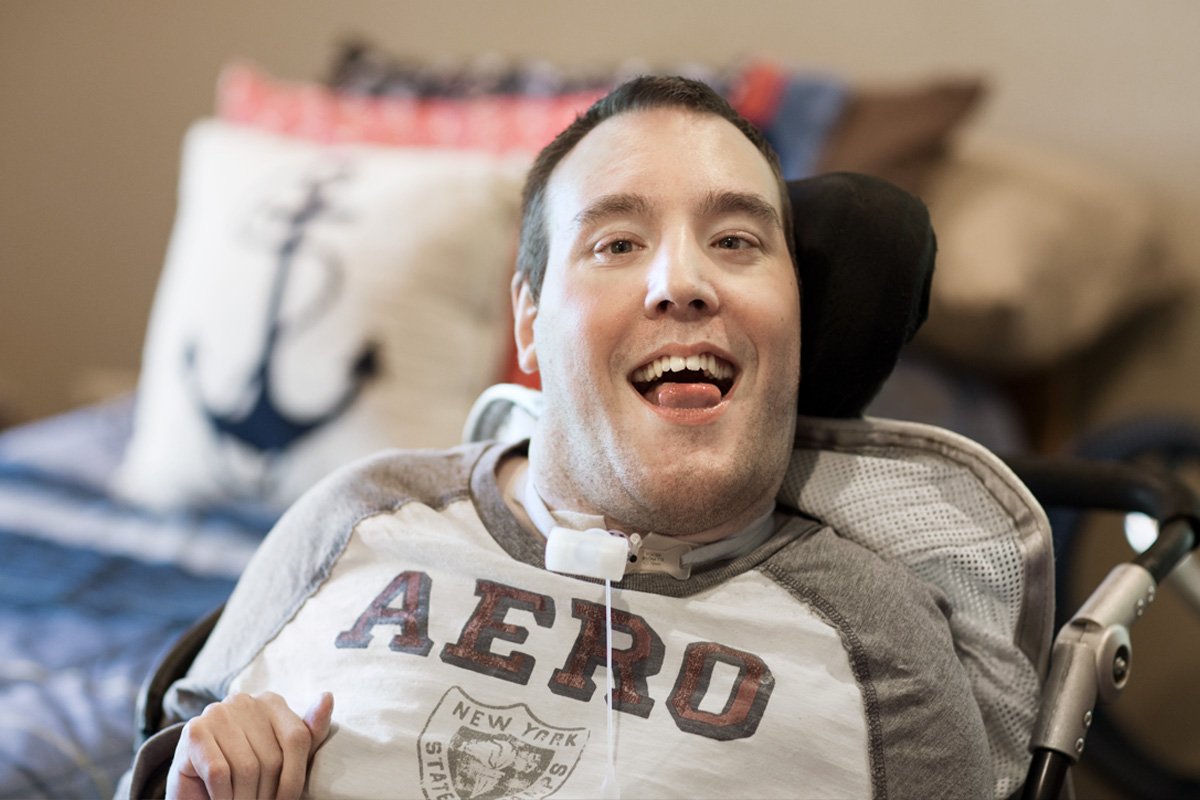CEO Corner
March 8, 2022

Legislative sessions during even numbered years are considered off-budget sessions where the budget passed the previous year is to be only adjusted based early financial forecasts. The main activity is doing “bonding,” or state borrowing for capital expenditures. But the 2022 legislative session will be historic, and will certainly include significant additional expenditures/tax cuts because of the unprecedented budget surplus that Minnesota is enjoying–$9.25 billion. This surplus is also significant in that it does not include one-time revenues that will disappear in future years. Instead, it will only grow. In all my over 20 years of lobbying at the legislature for disability services, I have never seen such a surplus.
As you might expect, groups dependent on state funding are out in-force requesting increases. The disability community is as well. The community and its legislative champions have prepared several bills to rescue it from the deepest crisis it has ever been in. The work force crisis, based on demographics, that existed before the Covid pandemic has only gotten much much worse. Through much of the pandemic, many organizations have lost hundreds of thousands of dollars because of lost revenues and astronomical expense increases for things like PPE and “hazard pay”. Now that Covid has begun to wane, severe staffing shortages resulting in unfunded wage increases and hefty pool staffing expenses are driving many disability organizations into taking action they never dreamed of.
Organizations from the metro, to northern to southern Minnesota are moving individuals out of their homes, because they cannot staff them. In some cases, the individuals are moving home or to other providers, in other cases they are moving to homes of the same provider that have openings. The number of individuals losing their homes statewide is over 200 at the moment, and the Department of Human Services is expressing alarm. Some of these homes are being closed temporarily; others permanently. At Homeward Bound, we are temporarily closing one unit at our Brooklyn Park facility because we cannot staff it.
In response to this crisis, a number of bills have been prepared. I will concentrate on four main groups. The first bill is a bill that extends some minor regulatory changes and continues funding what is called the “Emergency Staffing Pool.” This bill is moving but will not nearly be enough to help. This staffing pool had a mixed experience in the past year; it helped some providers who asked for it but not others. Providers asked instead for national guard help, that nursing homes are receiving, but were turned down.
The second bill would help providers a lot. It is Senate File 2786, and is known as the long-term-care rescue package. It spends $312 million to implement the following extraordinarily helpful components:
· Staff retention bonuses of $1000;
· Signing bonuses for newly hired staff of $750 and another $750 for staying for 6 months;
· Provides training grants of up to $1500;
· Moves up the 2022 waivered services increases to April 1, 2022 for all individuals, even if a person was not eligible until after that date.
Please see the text box about this bill. We are asking staff and families to call their representatives and senators and ask for support. The main issue for this bill is that there is not a companion in the House.
In addition, our trade association ARRM has two sets of bills introduced: one for immediate relief and one for long-term adjustments. The first group includes Senate File 2968 and House File 3268. This bill does the following:
· Reform of alternative overnight supervision through the use of technology, to save on the need for overnight staff (note: this is not something the HBI will use);
· Retention bonuses for staff;
· Another 5% ICF rate increase;
· Waiver scholarship dollars, to allow staff to further their education while working;
· DSP Child Care grants, to help free up caregivers for work (this bill was recently split off from the main ARRM bill).
The second group includes Senate File 2771 and House File 3100. This bill adjusts the mechanism in 2024 that uses a workforce factor to improve on low wages, which are currently being artificially held down, and also calls for using current US Bureau of Labor Statistics data to set waiver reimbursement rates, instead of data 30 months old.
The disability community will keep pushing on all of these bills. The stakes are too high for individuals with disabilities this year. The community needs relief. Much of our Covid relief came from the federal government through grants and the SBA’s Payroll Protection Program; now it is time for state government to step up. Please read the text box on Senate File 2786, and help if you can.
Senate File 2786 has many immediate items that will help providers for people with disabilities weather the dangerous workforce crisis it is currently experiencing. There is not a companion bill in the House. Please call your state representative and ask them to push for a companion bill and pass it. Please call your Senator and ask them to support Senate File 2786.
How to find/contact your representative: https://www.gis.lcc.mn.gov/iMaps/districts/


